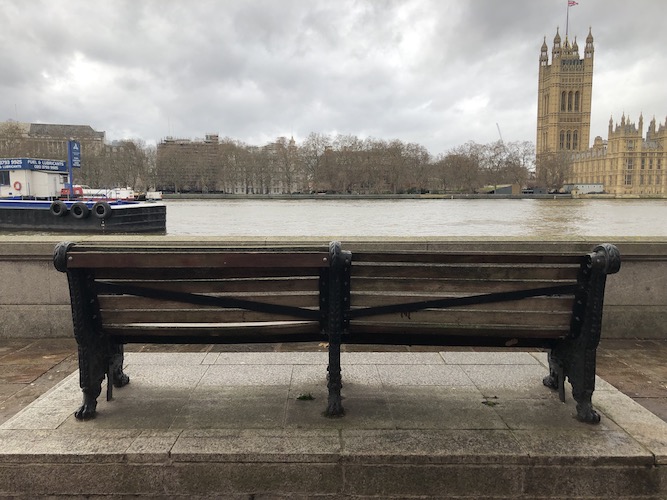The chief executive of think tank Centre for London has added to criticism of shadow chancellor Rachel Reeves for saying Labour has no plans to give additional tax-raising powers to local authorities if the party wins the next general election despite Keir Starmer promising a “take back control” bill to transfer powers away from central government in a speech made at the Olympic Park last week
Reacting to the comment by Reeves to the Yorkshire Post during a visit to Leeds, Nick Bowes said that “to read that fiscal devolution is off the table is rather deflating” following Starmer’s pledge, adding that “to fully unleash the potential of local areas devolution has to include control over levying and raising taxes. Not only would this break the stranglehold of Westminster – and with it the fear the taps could be turned off at any moment – it allows for long-term planning and the tailoring of taxes to local circumstances.”
His disappointment echoes that conveyed to the Yorkshire Post by Henri Murison, Chief Executive of the Northern Powerhouse Partnership, and Paul Swinney, Director of Policy and Research at think tank Centre for Cities, who said: “Giving councils more more freedom to raise and spend their own money allows them to take effective action to tackle local problems, make targeted investments and boost their regional economies.”
Bowes, previously Director of Policy for Labour Mayor Sadiq Khan at City Hall, has long expressed frustration with Whitehall’s reluctance, particularly the Treasury, to devolve powers of any kind to City Hall under the Conservatives. He said he hoped Labour “will recognise that for devolution to be meaningful it must involve decentralising financial power away from Whitehall to towns, cities and local areas, as is commonplace is most other European countries.”
The Yorkshire Post did not report Reeves saying anything about additional tax-raising powers for city Mayors and regional layers of government, though she did tell the paper “the last thing we need at the moment is more taxes being dreamt up by either Westminster or the Town Hall”.
In January 2017 Khan published an updated version of a report by the London Finance Commission, a group set up his predecessor Boris Johnson and led by Tony Travers of the London School of Economics, which proposed significant “fiscal devolution” to the Greater London Authority and the capital’s local authorities with a view to fostering better decision-making and improved accountability. The updated report repeated its recommendation that the net effect of devolving control over a range of taxes to London government “would be neutral from day one and would not result in tax increases at the point of devolution”.
Last month Labour published a report which attacked what it called the “uniquely centralised” governance of the United Kingdom, saying “no other large country takes so many political, fiscal and economic decisions at the centre” and arguing that there is “a strong correlation between Britain’s over centralised political power and its geographically concentrated prosperity” and praised Germany for a constitution that “gives the federal government additional powers to promote equality of ‘living conditions’ or ‘living standards’ across the whole country.
On London strives to provide more of the kind of journalism the capital city needs. Become a supporter for just £5 a month. You will even get things for your money, including invitations to events such as the one reported above. Details here.


This is very sad and makes me question my membership of the Labour Party. In genuinely devolved democracies, a portion or even a majority of tax-raising powers are devolved, such as to Provinces and cities in Canada, or states, cities and counties in the US. The same holds true for regions in Spain and the Netherlands, or the Lander in Germany. The UK is the “odd man out” in our hyper-centralisation of financial control. We suffer a lack of public sector innovation as a result (learning ‘what works and what doesn’t’ from other similar constituencies.)